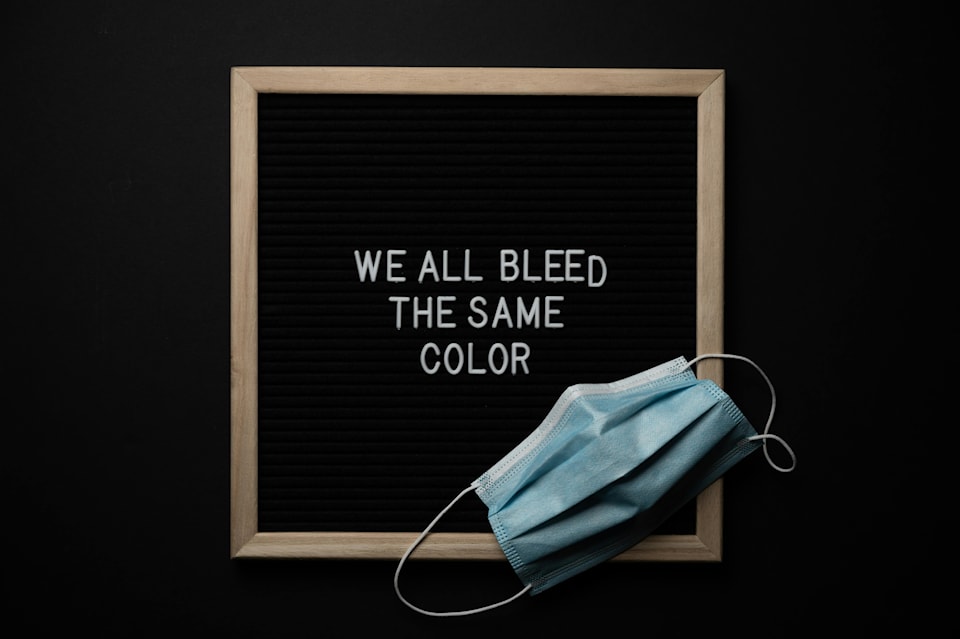Chenai Kadungure, executive director of the Black Physicians Association of Ontario, said Black Ontarians are overrepresented in all of the negative health outcomes across chronic conditions yet aren’t taken seriously by healthcare providers.
“When you are studying to become a doctor, there still isn’t as much health equity and information on working with diverse communities. Everything is pretty much modelled on what I would say is healthy, higher income, predominantly white patients,” Kadungure said.
“The knowledge gap, is huge for most physicians, regardless of their race, when it comes to working with patients with complex care as well, like I would say, Black, Indigenous and other patients of colour,” she said.
“So often we have community patients talking to us about almost being denied access to different types of screening, even in a case where there’s family history, just because of physician bias,” Kadungure said.
She said data around Black patients and Black Ontarians is still not where it needs to be due to the lack of political will and push back.
The National Library of Medicine reported in April 2016 that individuals with at least some medical training hold and may use false beliefs about biological differences between Blacks and whites to inform medical judgments, which may contribute to racial disparities in both pain assessment and treatment.
“If someone [of colour] says on a scale of one to 10, my pain is six or seven, the physician is more likely to put three or four as an example, on the American side of it. Canada needs to catch up in having a bit more contextual data around that,” Kadungure said.
She said Black patients are also turned away from some hospitals if they don’t have OHIP and have even been turned away when they have a blood pressure of 200 which means the person is at risk for a stroke.
Josephine Etowa, a professor in the faculty of health sciences at the University of Ottawa, said health literacy plays a role in the disproportionate disease burden that Black Canadians carry.
“I think in all our studies, racism comes out as a key determinant. Whether it’s people talking about just the way they’re communicated with, the way they're spoken to, it still plays a role in the health of people,” Etowa said.
The Government of Canada reported in March 2024 that the COVID-19 pandemic increased health inequities worldwide as Black populations were disproportionately exposed to COVID-19 and more likely than other ethnoracial groups to be infected and hospitalized.
“I don’t believe that education or any level of accomplishment as an academic or as a scholar really takes away the issue of discrimination. You can walk into a store, no matter what number of credentials you have or degrees and you can still be looked down upon or treated,” Etowa said.
“When I go in [the healthcare system] with my own family members, I face some of those same issues that people are talking about. You’re expressing your needs and you’re being told that you don’t know what you’re talking about or just dismissed and focus on the other issues,” she said.
Melissa Enmore, principal consultant at ME Consulting, said that as an immigrant, navigating the Canadian healthcare system is challenging because in the Caribbean doctors are often seen as the ultimate authority, making concepts like patient-centered care unfamiliar.
“Sometimes it’s difficult not seeing physicians who don’t look like you or don’t quite understand some of the nuances, particularly I find within the healthcare space and just all around new challenges, navigating the system and sometimes believability, like when it comes to certain things as an employee,” Enmore said.
“I’ve worked in hospitals where you see a plethora of nurses, but then when you look at the hospital leadership and administration, the diversity is often not representative and so sometimes that’s challenging because then we hear things like well, nobody’s applying for certain roles, and then you start to question like, is that really the case or is it that they're just not being promoted to those roles?” she said.
The Canadian Institute for Heath Information reported in February 2023 that studies show the long-standing discrimination in the healthcare system due to racism, ignorance and a sad history of neglecting Black Canadians and their health care needs.
“Believing us when we say we have different symptoms or things may show up differently for us and people may not connect the dots. Instead of going to a primary care provider, we may end up having to go to the emergency room unnecessarily just because we're not taken as seriously or we’re not believed,” Enmore said.




